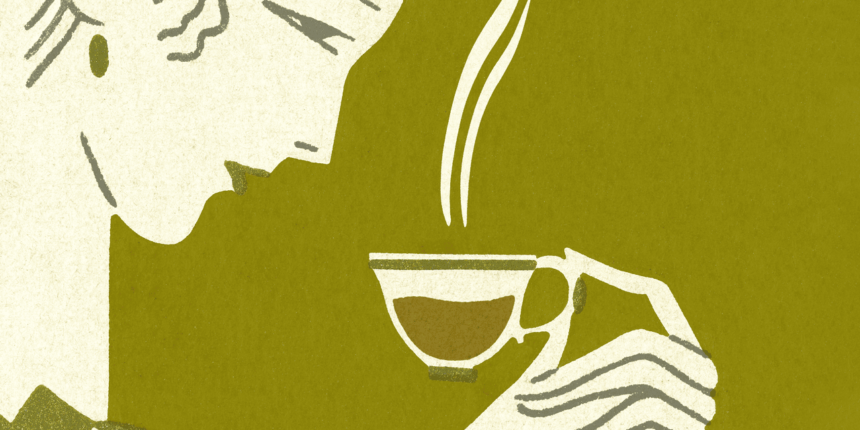For the most important meal of the day, breakfast can be surprisingly difficult to do right. No, you don’t have to craft an elaborate spread every morning à la TV moms (hello, Skyler White!), but you also shouldn’t treat it as a total afterthought.
“It’s easy to downplay breakfast,” Thanh Thanh Nguyen, MS, RDN, a registered dietitian at Mendinground Nutrition, tells SELF. Moving away from that mindset is crucial, though: It’s “an opportunity to fuel ourselves and have a satisfying meal to set ourselves up for success,” she says. For most people, breakfast represents the start of the day—and you want to get off on the right foot. By eating breakfast, you can help boost energy, reduce brain fog, and set yourself up to make more mindful eating choices throughout the day, Amber Young, MS, RDN, the founder of the North Carolina–based practice Redefined Nutrition, tells SELF.
But there are some breakfast bad habits that can stop you from making the most of that meal. Below, the most common mistakes registered dietitians see people make—and why avoiding them is key to feeling primed to take on the rest of the day.
1. For starters, you skip breakfast completely.
While some people naturally might not feel hungry in the a.m., opting out of breakfast entirely isn’t the best choice. Your body has already drawn on the excess sugar (glucose) stored in your liver and muscles to keep everything humming along overnight, so by the time you wake up, you’re pretty much “running on empty,” Nguyen says. Meaning: You need fuel—food—ASAP to replenish those stores and supply the energy you need for your day. Without it, your body may be playing catch-up, “trying to get valuable energy and nutrients that were missed first thing in the morning,” Young says.
This could cause you to make food choices later on that might not be ideal, according to Young. We often find ourselves reaching for sugar-rich carbohydrates when we need a pick-me-up because they provide a sudden burst of energy, but that soon tapers off into the infamous “sugar crash.” Not only does it feel crappy to hit a wall so early, but that crash, in turn, can disrupt your energy levels and productivity for the rest of the day.
To be clear, carbs are not “bad” by any means, according to Young, but they should ideally be balanced by the other two major macronutrients at mealtime: healthy fats and protein. If you don’t feel like something super hearty, a smoothie or protein shake might be more palatable. If you decide to blend your own rather than buy a premade product, ingredients like milk (dairy or soy), protein powder, and chia seeds will serve you well, Nguyen says—they’re both filling and easy to incorporate. Just make sure the final product still has the right balance of macros!
2. Or if you’re already a scrupulous breakfast-eater, you don’t go quite big enough.
This one’s for all the folks out there who take a granola bar or another small, portable packaged snack to eat on the go and figure it’s better than nothing. You’re not wrong, but listen up: That little rectangle of oats, seeds, and sugar does not a full breakfast make! In fact, it’s likely “only going to last you halfway through the morning,” Nguyen says. This is true even if your mini meal has the balance of macros you’d want: You still need enough calories (energy!) to tackle everything on your to-do list.
Read the full article here



